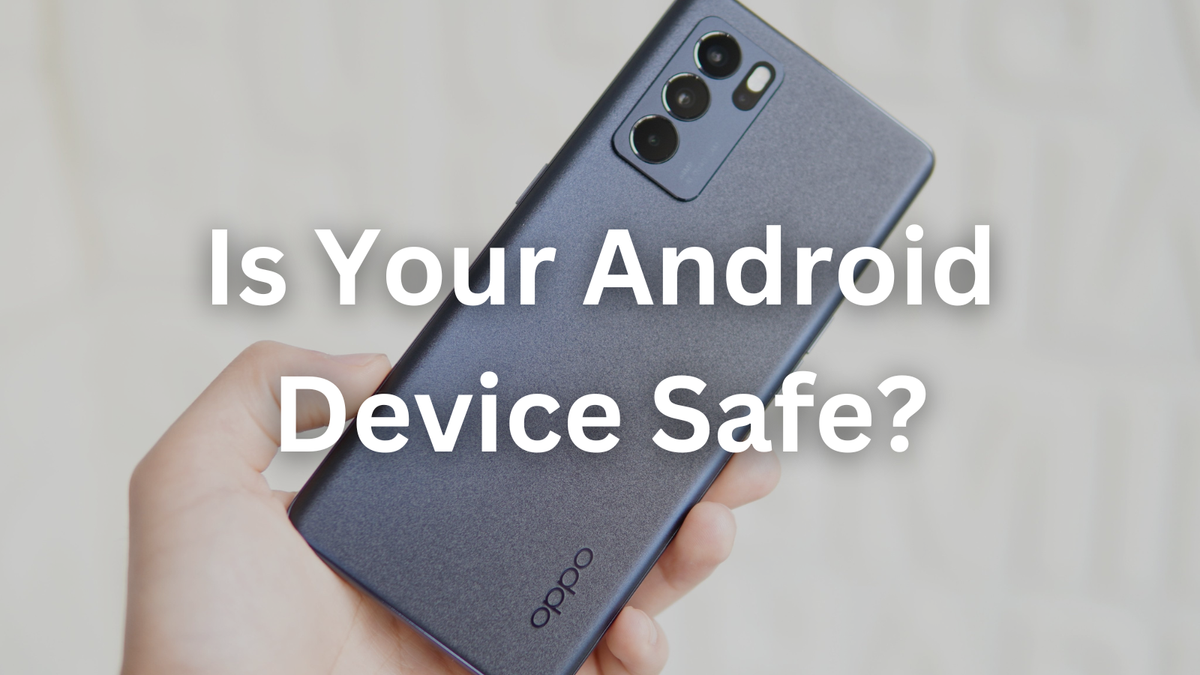Is Your Android Device Safe? Google Finally Fixes a Critical Remote Lock Flaw

Your phone’s security just got a major upgrade—but is it enough? Google’s Remote Lock feature, designed to protect lost or stolen devices, had a glaring loophole: anyone with your phone number and account access could lock your device remotely. Now, Google is rolling out a fix to close this vulnerability. Let’s dive into why this matters and what’s changing.
🔒 The Problem: A Security Feature That Backfired
Google’s Remote Lock was meant to be a lifeline for stolen phones, but its design had unintended risks:
- Too Easy to Exploit: All someone needed was your phone number and access to a browser logged into your Google account—no password or 2FA required.
- Shared Spaces = High Risk: Roommates, ex-partners, or even coffee shop thieves could misuse this if they briefly accessed your account.
- Existing Safeguards Weren’t Enough: While Google limits remote locks to twice in 24 hours, even one lock could cause panic or temporary loss of access.
The loophole revealed a deeper issue: prioritizing convenience over security. Google’s anti-theft tools, like Theft Detection Lock, couldn’t compensate for this oversight.
✅ The Fix: A Security Question to the Rescue
Google’s solution, spotted in Google Play Services v25.12.62, adds a critical layer:
- Extra Verification Step: Users must now answer a security question before locking a device remotely.
- Reduced Unauthorized Access: Even with your phone number and account access, attackers can’t lock your device without the security answer.
- Balancing Act: Retains the convenience of Remote Lock while addressing its biggest weakness.
This update shows Google is listening—security shouldn’t come at the cost of user vulnerability.
⚠️ Challenges: What Could Go Wrong?
While the fix is promising, hurdles remain:
- User Adoption: Will people set up security questions promptly, or ignore them until it’s too late?
- Timing Uncertainty: Google hasn’t confirmed a rollout date—only that it’s “coming soon.”
- Question Security: If the security question is too simple (e.g., “What’s your pet’s name?”), it might be easy to bypass.
For now, users must rely on existing protections like PINs and biometrics while waiting for the update.
🚀 Final Thoughts: A Step Forward, But Vigilance Still Key
Google’s patch is a win, but its success depends on:
- 📈 Speed: Rolling out the update quickly to prevent further exploits.
- 🔐 User Education: Encouraging people to set up security questions thoughtfully.
- 🤖 Ecosystem Synergy: Ensuring Remote Lock works seamlessly with other anti-theft tools like Offline Device Lock.
This fix reminds us that no security feature is perfect—but proactive updates are crucial. Will you enable the new security question when it drops, or stick to older methods like Find My Device? Let us know!
Let us know on X (Former Twitter)
Sources: Timi Cantisano. Google is finally patching a loophole that let anyone lock your device remotely, 2025-04-08. https://www.androidpolice.com/google-closing-remote-lock-loophole/










